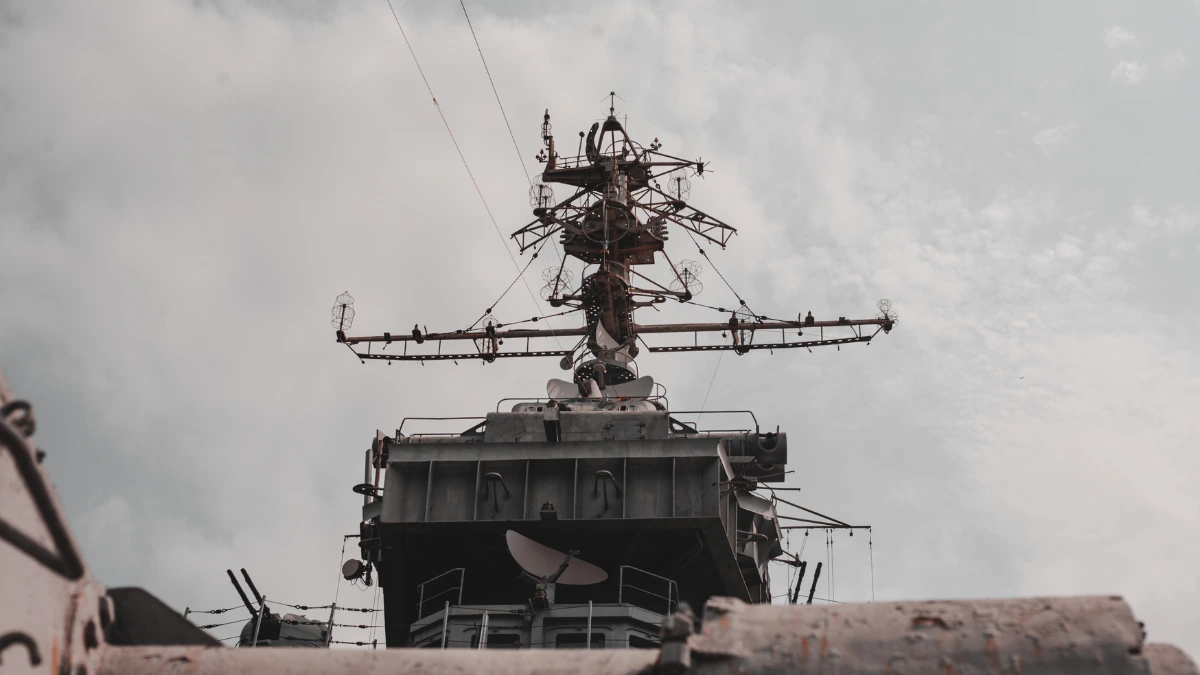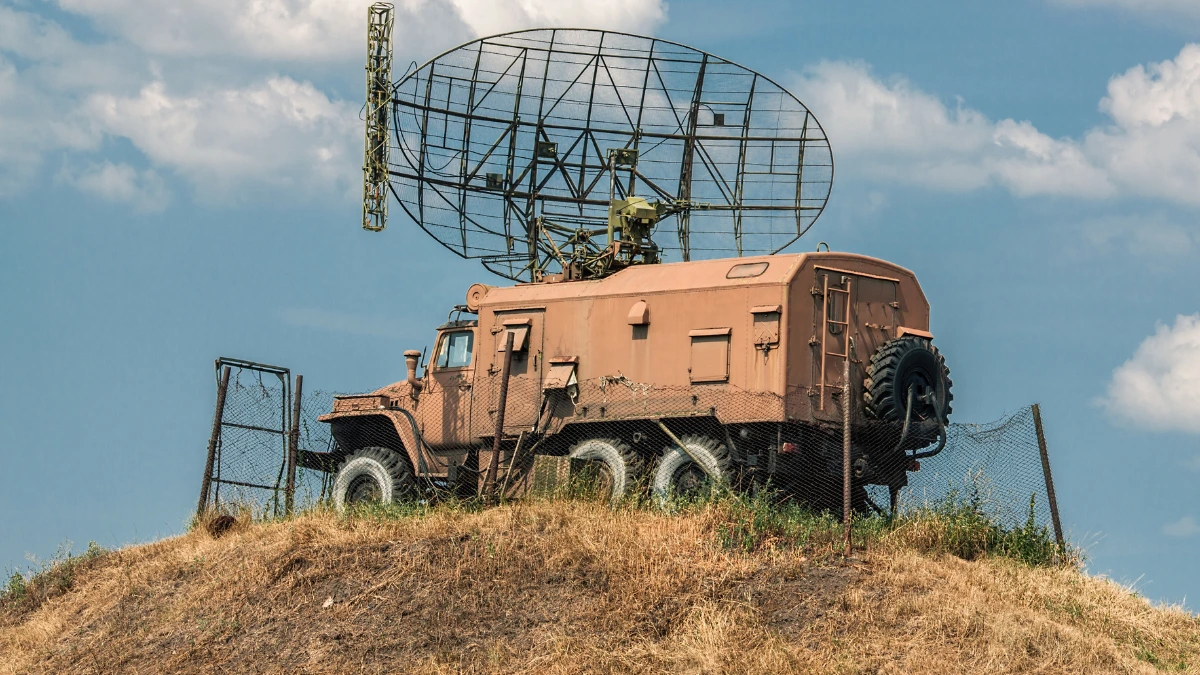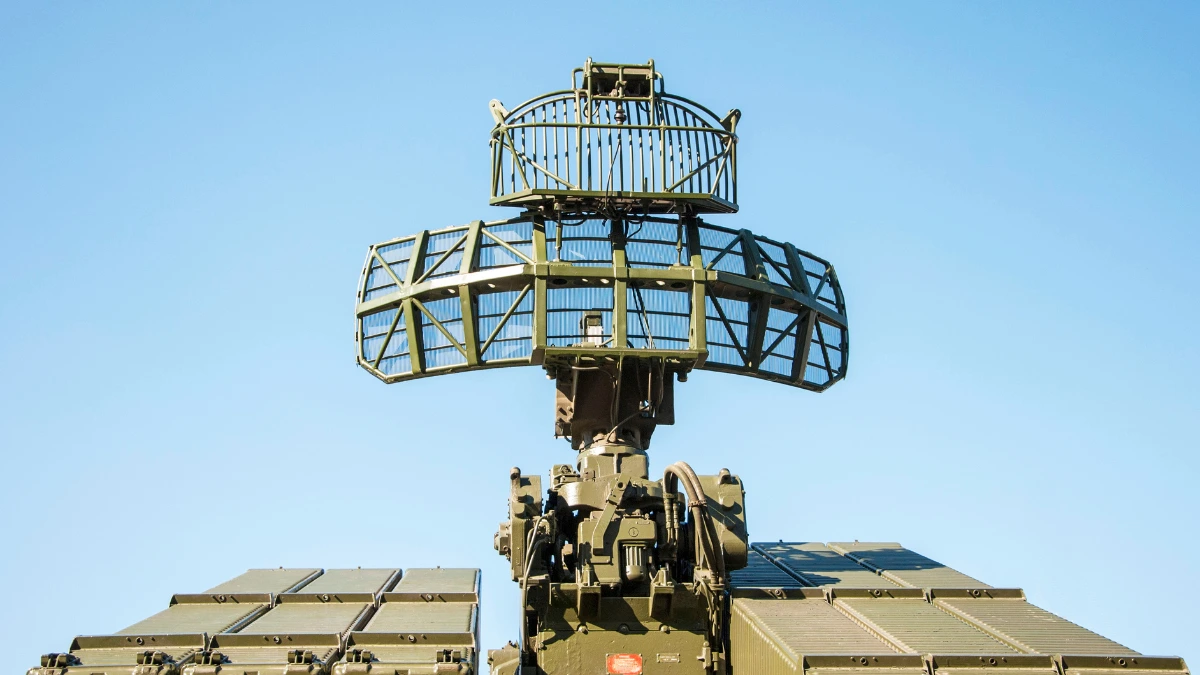With increasingly sophisticated threats, of course, radar security in the military is very important in maintaining military security and supporting military operations.
Radar security in the military can help detection, tracking, and identification of the target, to give situations awareness.
This article will inform you about the importance and the implementation of radar security in the military and the regulation on using the technology.
Radar Security in The Military
In military security, radar plays an important role, whether for air, land, or sea defense. Radar is used for threat detection, tracking, and surveillance, as well as for weapons control and missile guidance.
Radar systems can be used for early warning, detecting and tracking enemy targets, detecting incoming threats such as missiles and aircraft, and enabling early response and interception.
The Importance of Radar Security in The Military

With the benefits that radar provides to military security, it is important to use radar security in the military. Here are some of the things that make radar security in the military important:
1. Detection and tracking
Radar uses radio waves to detect the presence of objects, so it can detect objects that move quickly and are far from the visual range. With radar security in military detection and tracking of enemy threats will be maximized.
2. Target identification
Radar security in military importance, because radar helps identify target types and characteristics. Thus security forces can distinguish between friend and foe (Identification Friend or Foe/IFF).
3. Early warning
With radar, of course, it will provide important information about approaching threats. This information serves as an early warning to enable troops to prepare and respond quickly.
4. Improving defense
Radar is used in air defense systems to detect and track enemy aircraft and ballistic missiles, according to Lockheed Martin. On the ground, radar is also used for border surveillance and security of military and civilian facilities, according to the Ministry of Defense.
5. Situational awareness
The final importance of radar security in the military is to improve situational awareness, allowing troops to understand the situation around them and respond more effectively to threats.
The Implementation

Here are some examples of radar implementation in military security that usually use:
- Air Defense: Radars such as GCI and Gap Filler are crucial in keeping the national airspace safe from various threats.
- Mobile Radar: This type of portable radar is effective in detecting target movement in various terrain conditions, including forests, beaches and cliffs, and is capable of identifying drones and aircraft.
- Long Range Radar (OTHR): OTHR has the ability to detect threats from very long distances, beyond the line of sight, making it ideal for surveillance of large airspace.
- Blind Spot Elimination: The Air Force seeks to cover all gaps (blind spots) in the Indonesian airspace by placing radars in various strategic locations.
- Blockchain for Rapid Response: Blockchain technology has the potential to accelerate responses to air threats through automation of alerts and countermeasures.
The Regulation and Product Compliance

Radar security in the military on the market uses LoRaWAN technology, this technology must pass the certification test in every country.
In ASEN especially Indonesia, Malaysia, Singapore, Thailand, Philippines, Vietnam, and Cambodia need type approval certification. In Indonesia the certification is called DJID Certification, in Malaysia is called SIRIM Certification, in Singapore is called IMDA Certification, in Thailand is called NBTC Certification, in the Philippines is called NTC Certification, in Vietnam is called MOST Certification, and in Cambodia called TRC Certification.
With this certification, users can feel calm about using radar security in military devices whose quality and security are guaranteed. For manufacturers or importers of radar security in military devices, obtaining certification from every country is a mandatory step before the device can be officially on the market.
To simplify the certification process, we are available to assist with this process as a reliable solution. [UN]

